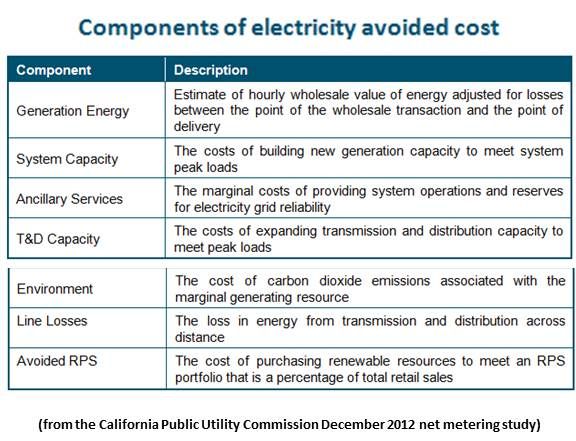Rocky Mountain Institute is working on a way to end the conflicts raging between utilities and the solar industry.
“Solar has become a lightning rod. Reaction and defensiveness on both sides is not productive,” Rocky Mountain Institute (RMI) Principal Lena Hansen said of the struggles between SolarCity and Xcel Energy over interconnection practices and between Sunrun and Arizona Public Service (APS) over net metering.
The conflict between solar and utilities is understandable and will continue, Hansen said, because decisions are being made in real time in regulatory proceedings that engender that kind of debate.
RMI’s Electricity Innovation Lab (eLab) was started a year ago, Hansen said, to “break through the conflicts in a way that works for the utilities and the solar companies.”
The eLab has brought together innovators, thought leaders, and decision-makers from both sides, Hansen said, “in a dialogue grounded in facts and good analysis.” The goal is to create a long-term solution while identifying “ideas that can be used in the near term on the path toward future systems.”

The solar industry and the utilities are the most important players, Hansen said, but the eLab also includes equally important players in the future of the electricity system, such as representatives for the smart grid, electric vehicles, demand response, large consumers like Wal-Mart (WMT), Microsoft (MSFT) and the U.S. Navy, and environmental advocates like Natural Resources Defense Council and the Environmental Defense Fund.
One key near-term target for eLab, Hansen said, is the assessment of the facts and analysis informing the debate. “No one right now understands the impacts of solar on the grid and how to quantify the costs and values. Existing studies differ so much in methodologies and assumptions that it is comparing apples to oranges. We will release, in the next week or two, an independent assessment of all the studies on costs and value.”

The eLab’s assessment of the studies does not have “the right answers,” Hansen said, but it will point to three insights:
- There is general agreement on the most important categories of the relevant costs and values of solar.
- There are known best practices on how to make the cost and value calculations.
- The only really effective way to do a cost-and-value study is to do it in a collaborative way with all the stakeholders, customers, utilities, solar companies, regulators, and consumer and environmental advocates.
Another near term eLab project is a collaboration with the community of Fort Collins, Colorado and the Fort Collins Municipal Utility. It will test new rate structures and customer engagement models developed in eLab workshops. “It is about how a community and a utility can help facilitate faster adoption of efficiency and renewables,” Hansen said.
While these near-term undertakings reflect the eLab’s search for a way forward that works now for all the stakeholders, the project is essentially a long-term effort. “We think that over time this kind of approach can get traction,” Hansen said. “We are in it for the long haul.”
Today’s electricity system “is 21st-century technology in conflict with 20th-century rules and institutional structures,” Hansen explained. “Those two things need to be aligned as the electricity industry evolves from a traditional value chain into a value constellation that involves a much bigger ecosystem of resources and actors.”
Because the electricity system is “the definition of a complex problem,” Hansen said, solutions will require work on three aspects of complexity.
“First is technical complexity,” she said. “You have to understand all the pieces of the puzzle and how they work together. Second is social complexity. You have to involve all the stakeholders and give them a voice in the future of that system.”
Finally, she said, “this is a problem we have not solved before and the solutions will not come from what worked before. We have to find new ways and be creative in designing the system of the future.”



